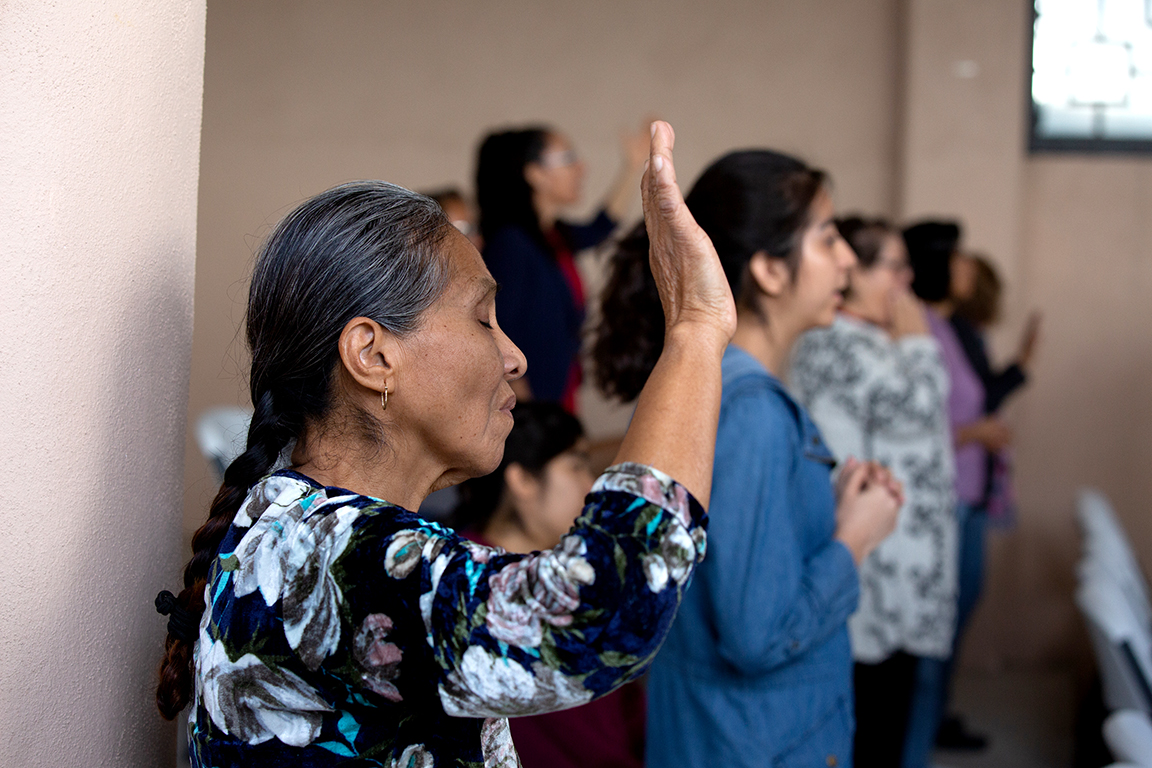
Becoming a Missionary, Missions Resources
Does Paying for Your Own Mission Trip Make It Better?
November 5, 2013
by Interactive Supply

This is the second of a three-part series exploring self-funding short-term missions. In this post, we explore the financial aspects of self-funding a mission trip. Read Part I of this series here. Or jump to Part III.
John* began working summers as a firefighter on a tip from a friend. The gig got him through college. He kept it up after graduating, using his earnings to serve on repeated trips with TEAM as a short-term missionary in a creative-access country, at around $10,000 per trip. Now those summer wages are putting him through graduate school, and he has more mission trips planned once he leaves academia.
The son of missionary pilots, John never gave much thought to raising support for his travels. Firefighting always covered the cost. But perhaps more importantly, he wants to serve in that country for the long haul and is keeping a low profile. Earning his own way, as he sees it, raises far fewer flags than living there on support. When locals ask how he got the money to live in their country, he tells them he earned it.
“When I think creative access, I think automatically you’re going to be doing some kind of professional work if you’re going to be involved in it long term,” John said.
While fundraising is still the overwhelming approach for financing short-term missions (STMs), John is one of many travelers who intentionally choose to pay their own way. It’s an option that brings its own sacrifices — namely, reduced disposable income. But it can also have a tangible affect on a short-termer’s attitude during his or her service experience.
“Working to send yourself to the mission field is a great way to get focused,” said Chelsea Burdick, who pieced together freelance design work and a summer camp job to help pay for her trip with TEAM to Thailand.
That was Eliza’s* experience as well. She worked long hours as a nanny to save up for a nine-month Bible program with Youth With A Mission after deciding not to ask friends and family for funding. The investment she put in of her own sweat and earnings has given her extra motivation to get through tough moments.
“I not only have this compulsion because I want to know Jesus better, but I also have this compulsion that this is what I’ve put myself in to, and because I’ve invested in it, it’s worth giving everything to,” she said.
Some missions thinkers — authors Brian Fikkert and Steve Corbett of When Helping Hurts, among others — advocate that leaders of STMs require participants to pay some portion of their own trip for that reason. Personal buy-in not only helps travelers to value their experience more, they reason, but it can also help them to think more carefully about whether they’re ready to take a trip.
For John, self-funding is also a way of freeing up dollars within the church that could go to support other missionaries. Even though he’s not fundraising, he stays in touch with churches and other prayer partners who encourage him in his ministry. And at least part of his goal is to see others develop an interest in missions and get more involved.
“Especially the way the economy has gone, if I have a secure financial position for going out and doing these things, why should I leave that secure position and ask for support that could go for someone else?” John said.
It all begs the question: Should the church do more to encourage self-funding of STMs?
The economics of that question are significant. A lot of money is spent on short-term missions — around $2 billion a year, according to a study by Dr. Robert Priest, a professor of missions at Trinity Evangelical Divinity School. There’s little data to tell us what portion of that comes from donations and how much from other sources. But the fundraising force behind STMs is strong, maybe even stronger than a sluggish economy.
According to ECFA, which represents a cross section of the evangelical world, giving to STMs among its members increased 31.3 percent from 2007 to 2011 — this, despite the recession over roughly the same period that hammered overall charitable giving in the United States, which declined nearly 4 percent during the same period.
None of the short-termers interviewed felt that self-funding is necessarily for everyone. Some travelers just may not have a way to do it, and others may feel specifically led to raise support for various reasons. All were quick to point out that raising support is a valuable and important part of the missions experience.
“If he supports your trip, God will provide, one way or another,” Burdick said. “I don’t really care which way he provides it, as long as I’m doing what he wants me to do.”
*Last names omitted to protect identities.
In Part III, we explore considerations to keep in mind if you’re thinking about self-funding your next mission trip.
Related articles


